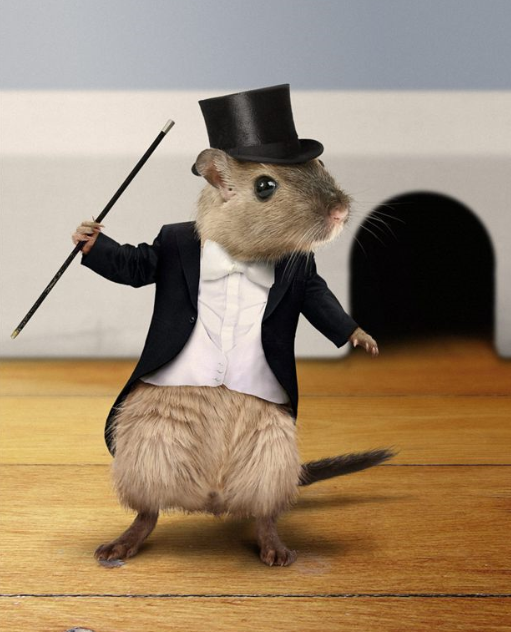Do Markets Shape Our Ethics?
May 13, 2013 in Daily Bulletin

In the past there have been markets for things now considered unethical such as slaves writes John Timmer. We normally assume that this was because we weren’t as moral or ethical back then, and that our views have developed to condemn such practices. We’re implicitly assuming that markets reflected the ethics of the time. But, according to one study, it’s also possible that ethics reflect the markets of the time:
- Lab rats are normally killed if they’re unfit for scientific research. The authors of the study secured funding to keep a group of mice alive, and then asked experiment participants how much money they would accept before they would agree to have the mice killed.
- The participants were surveyed and about 45% of participants stated that they would rather take $13 than keep the animals alive.
- However when groups of buyers and sellers were allowed to freely trade for the rats’ lives the price of a rat dropped to $6.50.
- The price seemed to drop over time as participants became more interested in taking whatever amount of money they could get.
- Thus, ethically, the participants put a high price on the lives of rats. But when given an opportunity to trade, their beliefs fell away.
- This might be because there are two people – a buyer and a seller – agreeing to see the mouse dead. Therefore we share the blame for their death. Moreover the mere existence of a market normalizes the idea of the trade.
- The authors conclude by noting that while the evidence suggests that free markets can distort moral viewpoints, other forms of economic distribution usually lead to significantly worse ethical abuses.
Read more about the study, its methodology, other reasons why people may have abandoned their moral code, and what happens when gift cards are used instead of cash over here.
Source: ArsTechnica
Join the Discussion! (No Signup Required)